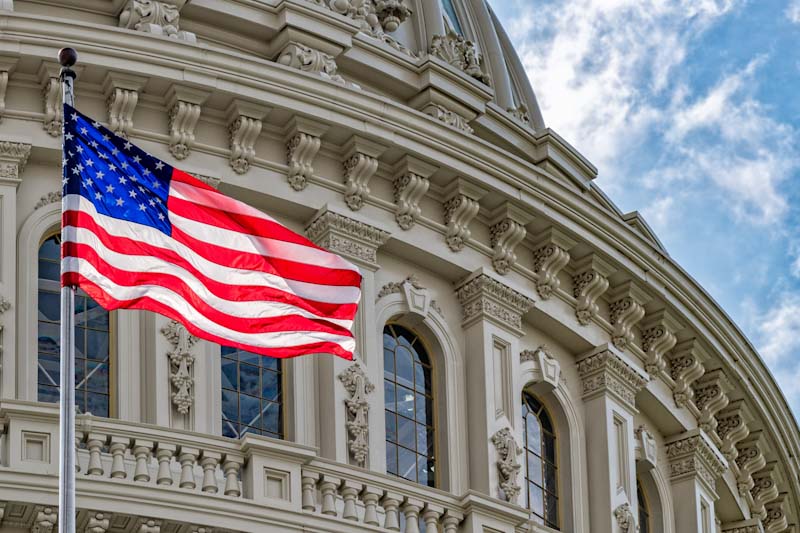This website uses cookies so that we can provide you with the best user experience possible. Cookie information is stored in your browser and performs functions such as recognising you when you return to our website and helping our team to understand which sections of the website you find most interesting and useful.
News
Legislative Update: Paycheck Protection Program
Since being rolled out on April 3, 2020, the Paycheck Protection Program (PPP) has issued loans totaling $510 billion to roughly 4.3 million small businesses during the coronavirus pandemic. Despite the popularity of the program, there have been bipartisan calls for legislative revisions to strengthen and give more flexibility in the program by expanding the loan forgiveness period and changing the 75 percent payroll requirement.
The House was in session May 27 and 28 and scheduled to use its new rule changes on proxy voting to pass the Paycheck Protection Program Flexibility Act (H.R. 7010). The bill extends the ability to use the Small Business Administration (SBA) loans from 8 weeks to 24 weeks and changes the deadline for rehiring workers to June 30. The bill would also allow businesses to repay any non-forgiven balance over five years, instead of two, reducing the size of each payment. The original bill, H.R. 6886, was slated to remove the requirement that 75 percent of the loan must be spent on payroll, but Treasury Secretary Steven Mnuchin objected to a cut saying that it should stay at 75 percent. On May 27, House Republicans and Democrats negotiated new bill language lowering the ratio to 60 percent that would be required to be used for payroll.
Prior to the Memorial Day recess, Senators Marco Rubio (R-FL), Chairman of the Small Business Committee, Ben Cardin (D-MD), Ranking Member of the Small Business Committee, Susan Collins (R-ME) and Jeanne Shaheen (D-NH) had agreed on similar legislation expanding the loan forgiveness period allowing borrowers 16 weeks to use their SBA loans instead of 8 weeks. The Paycheck Protection Program Extension Act (S. 3833) also extends the deadline to apply for the PPP from June 30, 2020, to December 31, 2020. Moreover, it allows loan funds to be used to purchase personal protective equipment (PPE) for employees and pay for adaptive investments. The Senate was unable to achieve the unanimous consent needed for passage, so the bill was put on hold until the Senate returns. With the likelihood of the passage of House version, it is expected that the House and Senate will be able to reach a deal on how small businesses can use the loan program when the Senate returns.


